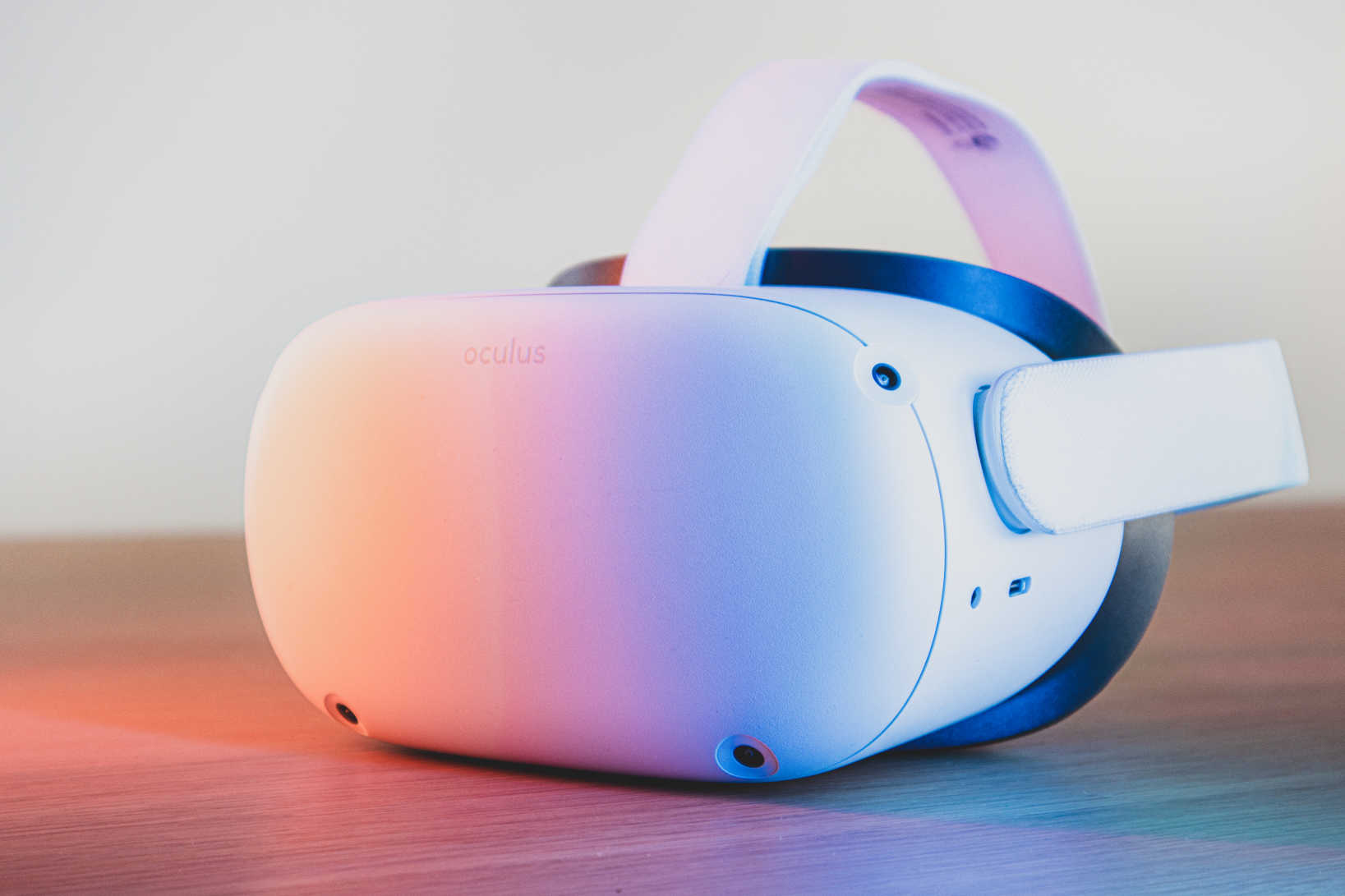
The Race to the Metaverse

Ah, the metaverse.
Welcome to the new buzzword sweeping the tech world. Here is your five-minute primer.
Where did this metaverse talk come from? Facebook’s Mark Zuckerburg recently announced that they were rebranding Facebook as Meta in reference to the ambitious metaverse they are going to build.
But what is it? Good question. The answer depends on who you talk to. For the past five or six years, companies, brands, and even individuals have been building independent AR and VR experiences. Those experiences have been as simple as a Snapchat filter or as complex as a full VR game.
In the VR space, Facebook, through their purchase of Oculus, has established themselves as a leader. They’ve released hardware at cost to get people into their closed ecosystem and they’ve curated a library of experiences that make it easy for consumers to get started and to find quality content. But it’s been a double-edged sword. Affordable hardware has brought the average customer into the community, but hardware being cheaper than it should be has made it hard for smaller companies to compete. And let’s not forget Facebook’s reputation for data collection. So there had been a palatable tension in the industry for a few years now.
Fast forward to a few weeks ago, Mark Zuckerburg comes out and basically says, “We’re going to build the metaverse. It’s going to be THE virtual ecosystem for everything… games, commerce, work, and play.” Straight Ready Player One. The analogy I hear a lot is: If you go to the internet for websites, you go to the metaverse for virtual/AR/VR/MR/XR/All-the-Rs/NFTs/Crypto/buzzword/buzzword/buzzword.
Now this got everyone’s attention and before we knew it, everyone was talking about their version/definition of the metaverse. For example, Microsoft, Niantic, Qualcomm and Nike.
Okay, so play it back for me one more time… The metaverse is a virtual ecosystem where you have a single identity, a single currency, a single friends list with access to all types of experiences: games, work, social, commerce, etc., under one roof. We’re at the start of the race of companies wanting to build and own it.
Is this really new? Kind of, but not really. Like most things in technology, trends come back around. If this sounds a lot like the hype around Second Life from 10 years ago, you’re right. And I would contend Roblox has actually built a metaverse for kids without much attention. The difference here is Facebook is big; they are already the leader of the pack, and they’ve committed big money and headcount to bringing their vision to life. That big money gives smaller developers the assurance they need to build content for this new ecosystem – a flywheel of sorts.
So, what does it mean for retailers like Kroger? In this omnichannel world we live in, retailers must go to where the customers are, and if a large number of customers dive into the metaverse, retailers will need to be there, too – certainly with advertising, but also with rich commerce experiences. Creating rich commerce experiences for a metaverse isn’t like building a webpage where you can lean on years of assets. It’s going to take time and money.
My take Get your assets ready. For example, 3D models of products can be useful today and will set you up nicely for the future. Figure out the workflows. Have the brainstorms. Find partners. And then give this a little time to develop and mature. Unless you want to be first…
Visit our knowledge hub
See what you can learn from our latest posts.

